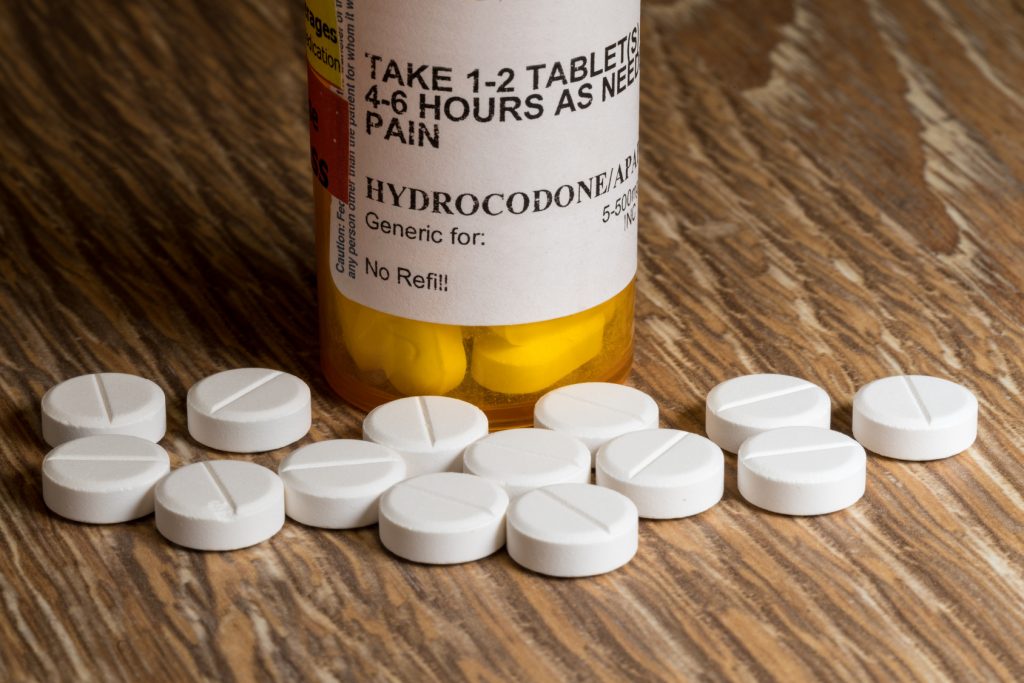Protecting the Protectors
Firefighters, law enforcement officers, and military personnel make it their mission to keep Americans safe, and PTs are committed to returning the favor.
More Hospitals Putting CXOs in the C-suite
Chief Experience Officers work across healthcare organizations to improve quality and outcomes.
10 Ways Lack of Communication Is Ruining Healthcare
Here are ten ways ineffective or nonexistent communication is ruining healthcare.
Compassion Fatigue and Nursing
Compassion fatigue can be defined as the “loss of the ability to nurture.” Could you be experiencing this?
12 Foot Care Tricks for Nurses with Tired Feet
93% of nurses suffer from swollen and painful feet after their shift. Here are some ways to lessen that pain.
Doctors Are Human Too
One doctor openly discusses the often-overlooked epidemic of suicide among physicians, and what can be done to stop it.
The Striking Gender Gap in Doctors’ Pay
Nationally, female physicians make an average of 26.5 percent, or $91,000, less than male physicians.
Nurse Licensing Laws Block Treatment for Opioid Addiction
Laws in more than half the states are likely to prevent NPs from using their licenses in rural areas that need it most.
Equipping PAs for Expanded Opportunities in Healthcare
Nearly three-quarters of PAs now say that their main area of practice is in a specialty other than primary care.
Learning to Talk Like a Woman (or Man)
Some transgender men and women are turning to Speech Language Pathologists for help with feminizing or masculinizing their voices.






